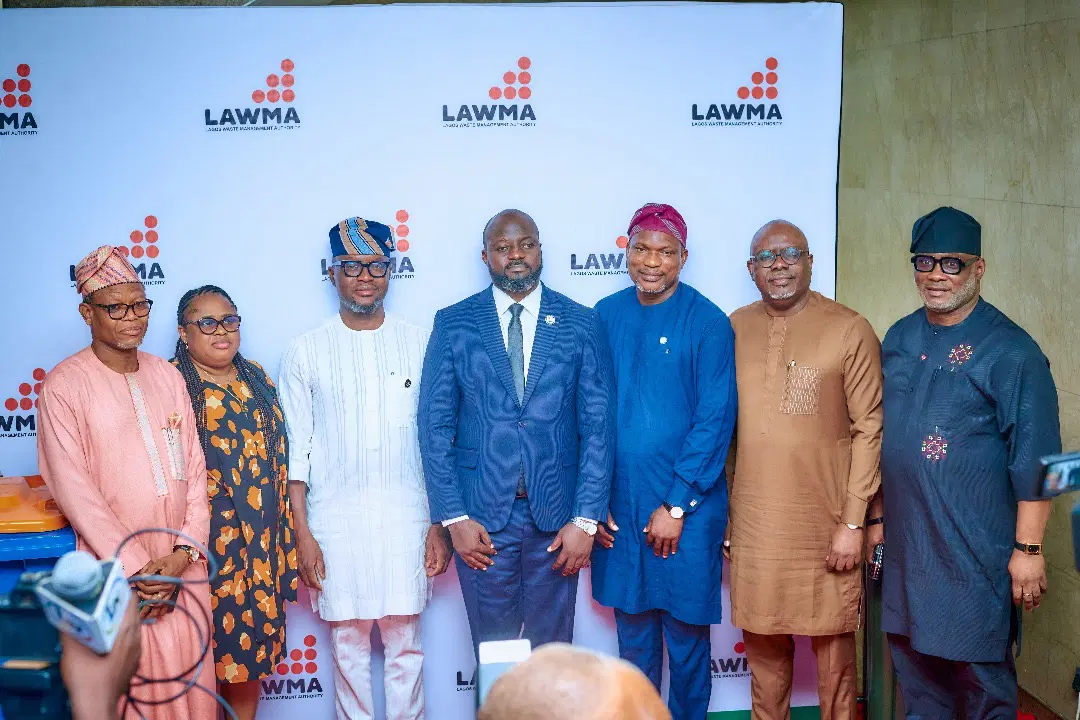The Lagos State Government has disclosed that over 5.46 million tonnes of waste are generated annually in the state, unveiling plans for strategic waste management.
Meanwhile, the Lagos Waste Management Authority (LAWMA) is set to acquire 100 Compressed Natural Gas (CNG) trucks for the operations of Private Sector Participants (PSP).
LAWMA Managing Director, Dr. Muyiwa Gbadegesin, made the disclosure at a one-day stakeholders’ interactive forum on sustainable waste management, organized by the agency at Victoria Island, Lagos.
In a detailed presentation, Gbadegesin highlighted the progress recorded and future plans for waste management in the state, noting that the 5.46 million tonnes of waste were generated annually by 23 million residents. He emphasized that LAWMA aims to manage this waste through a range of initiatives anchored on effective collection, treatment, and disposal.
“We are committed to providing efficient waste management services to all Lagosians. With our team of dedicated staff, we manage domestic, commercial, and medical waste across the state. We also sweep 963 routes and collect solid waste from the lagoons and waterways,” he stated.
Gbadegesin revealed that a significant portion of the waste generated in the state comes from households, with LAWMA overseeing its transportation and treatment through partnerships with 420 PSPs. He added that these efforts are supplemented by sweeping services across major streets, managed by 16,361 street sweepers.
He further highlighted the authority’s waste recovery initiatives, stressing the growing focus on recycling and circular economy principles. LAWMA has introduced a two-bin system for households, where one bin is designated for general waste and the other for recyclables.
“This system will help households segregate waste at the source, boosting recycling efforts and reducing the volume of waste that ends up in landfills. We have already established community recycling centers and are partnering with retail points to promote extended producer responsibility,” he stressed.

